The Two Dimensions of Patriotism
Origin of Patriotism
Patriotism has its origin in the Vedic period. In the early Vedic period, life was dominated by pastoralism and so was in constant motion. Hence, the allegiance of people, including the King, was to the tribe and its people. However, in the later Vedic period, agriculture let to settled life and robust system of taxation. This made land more important than the people and led to emergence of concepts of Rashtra and Rashtravaad (Nation and Nationhood).
Patriotism has both the sides – Positive and Negative. Let us understand this by an example. Alauddin Khilji’s forces beleaguered the fort of Marwar King Ratan Singh. But with the passage of six months they were slowly running out of food and water and the soldiers were turning rebellious. Alauddin Khilji sensed this. So on one fine afternoon when the sun was high and there was scorching heat, Khilji came to address his forces. In his address he reminded them of the promise they made to each other that they would stand against every difficulty and would never surrender to any enemy so that the Khilji flag is raised all over the earth. He concluded by saying that he would move on to protect his tribe and its valour and requested only the true Khiljis to go along with him. This small address of the King boosted the morale of his forces and as a result the forces decided to stay with the King. In the end, Khilji successfully captured Ratan Singh and took him to his palace as a prisoner. Now if we analyse the whole episode we find both the positive and the negative sides. Positive side is that the feeling of patriotism enabled the forces to do something which was very hard to do, that is, to stay with little food and water. But the negative side is that the whole episode was the outcome of the personal interest of the King who just wanted the beautiful wife of Ratan Singh, that is, Rani Padmini and there was nothing to do with the tribe of Khilji, it’s valour or the forces involved. They were just used by the King for his personal benefit.
The Positive Patriotism
Apart from boosting the morales of the forces, there are several positive sides of patriotism. It plays a great role in uniting people against tyrannical and undemocratic governments. For example, during the national struggle the colonial rule was overthrown by the freedom fighters who carried with them the feeling of nationhood and patriotism which was successfully transferred to common people later on. Patriotism also promotes unity and integrity of the nation by providing a common identity of citizenship and promoting loyalty to the nation. Such a feeling plays a very crucial role, especially in countries like India where the culture is highly diverse. It also makes several obsolete and undesirable practices look parochial. For example, it played some role, however limited, in undermining the prevalence of caste system and untouchability by promoting the feeling of oneness. This was the exact reason why social reformers like Rajaram Mohan Roy, Swami Vivekananda and others promoted patriotism. Roy stated in this regard that the “caste system divided people and deprived them of patriotic feeling” and hence he attempted to scrape off the system and replace it with patriotism.
Negative aspects of Patriotism
The negative side of patriotism emerges when it is used for personal gains and in no way benefits the people of the nation. When this is done, the hard-won rights and other constitutional values may be undermined. For example, the extension of emergency during the Indira Gandhi regime on the ground of internal disturbance was justified on the ground that the nation’s security is in danger and it is in the national interest to extend the emergency. However, many sources claim that it was just an attempt of the ruling government to consolidate its rule and regain people’s support which it sensed it had lost. Moreover, patriotism can also be used to divert from the real issues such as unemployment, hunger, poverty, famines etc. This is seen in India many at times. For example, at present the levels of economic hardship are high due to an unemployment rate around 5.8%, distress of migrant workers is unimaginable and the growing poverty, especially among the rural population, is rampant. In such circumstances, the government has started the narrative which highlights how much the government cares for the army. Government has highlighted the efforts it carried out for modernizing the army, the new weapons it has inducted into the forces and how well are the forces equipped to give a befitting reply to the enemy. While building such a rhetoric, the government behaves as if the problem of poor and unemployed is leased to someone else and its only responsibility is to look after the security forces. In an attempt to arouse patriotic feeling many times the neighbouring country, with whom the relations are tense, is brought into the public discourse. This is followed by high vilification of that country which deteriorates people to people interaction across the border. Once this affection vanishes, the replication of breakdown of Berlin Wall or establishment of peace becomes a distant reality. This has happened in the case of India and Pakistan and Israel and Palestine, and hence, peace resolution is like a dream in their case. What exacerbates the problem is that the political class, in these nations, do not have any plans to end it as it leads to their personal benefits. This is now seen in Nepal as well, where the anti-India rhetoric is promoted by the government as it provides the requisite votes to the government. The issue of Kalapani and terming Ayodhya as the birthplace of Rama to be a false narrative by India as accused by Nepal, are offshoots of it.
Another negative side of patriotism is that it has made “Land Protection” more important than the “Men Protection.” For example, India, for many, means the piece of land on which the population of India lives and not the population itself. It is due to this wrong definition of the nation that governments are able to curtail the rights of people in the name of protection of land without realizing that people and their rights are the primary part of a nation and the land, whose protection it has sought, is secondary. As a house can never become home without a family, land can never become a nation without its citizens. Hence, both land and people are integral to a nation and in both of them, people are more prominent than land.
Negative patriotism also helps to suppress the rightful dissent. For example, many caste and tribal activists are arrested after labelling them as urban naxals. This is justified by showing how much damage urban naxals inflict on the nation by rendering moral, financial and other support to the violent naxals. In this whole episode, the question whether the arrested are urban naxals or not, is lost somewhere and the arrest gets a moral backing of people which might impact the trials of the accused as well.
The greatest damage the patriotic feeling can do is that it can mix the identity of the nation and the government. For example, in China, China as a nation or the Communist Party of China is practically the same and speaking against the communist party is speaking against the nation itself. Hence, there is no scope of dissent against the government as it amounts to be unpatriotic. Moreover, whenever the party feels that it is losing support of people or the issues of poverty, hunger get prominence, it starts propagating the valour of its armed forces and focuses on the outstanding border issue, such as one with India in Ladakh. When such a situation arises, the ideology of the party becomes the ideology of the country and there is no scope of any new alternative ideology to arise.
The Present Trend
At present, this negative patriotism is on a rise as it benefits the government and puts the opposition at disadvantage. This is because the ruling party has the state machinery, including the security forces, in its hands and hence any act of valour done by the security forces is perceived to be an outcome of wisdom and courage of the government which benefits the party in power. On the other hand, the opposition do not have much scope to prove its patriotism apart from toeing the government’s line on issues of ‘national interest.’
Therefore, before every election in India, anti-Pakistan rhetoric is promoted by the ruling party. Similarly, anti-India rhetoric gets prominence in Pakistan during their elections. Likewise, the AAP government in Delhi came out with its deshbhakti curriculum before the elections, to highlight their love for the nation. There are other examples in the world as well. The Trump administration was found promoting the 1776 Commission, also called the Patriotic Commission, which believes that true American history started from American Independence in 1776 and not from the entry of Blacks as slaves as envisaged by the 1619 project. Just before the elections in Israel, the narrative of capturing the Gaza Strip to form the greater Israel was all around the country.
With growing economic slowdown due to COVID-19 and the rise of poverty and unemployment, this trend of negative patriotism is rising further. At this juncture it is important to remember the statement of Roosevelt, the former US President, who stated that patriotism means to stand with the people and not with the president. Hence, there is a need to promote the early Vedic understanding of a nation where primary allegiance is to the people and not to the land.
Featured Image Credits: Shreshth Gupta on Unsplash


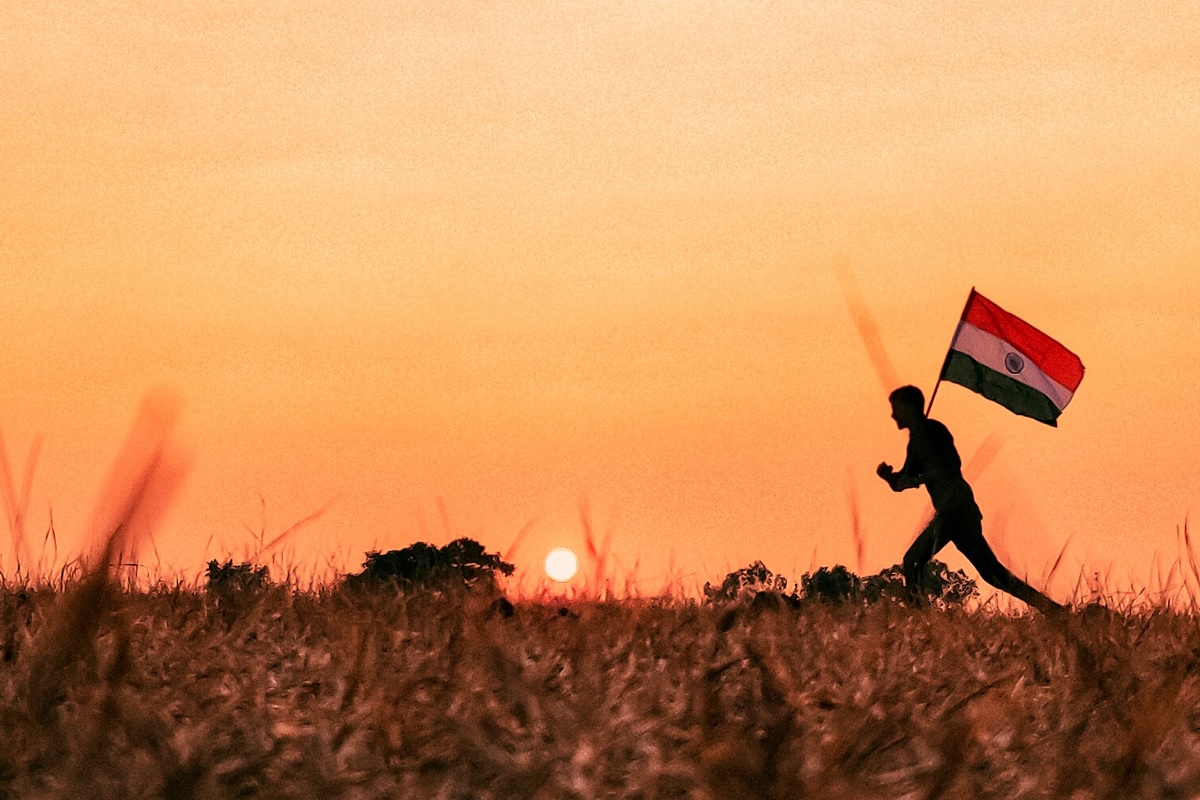
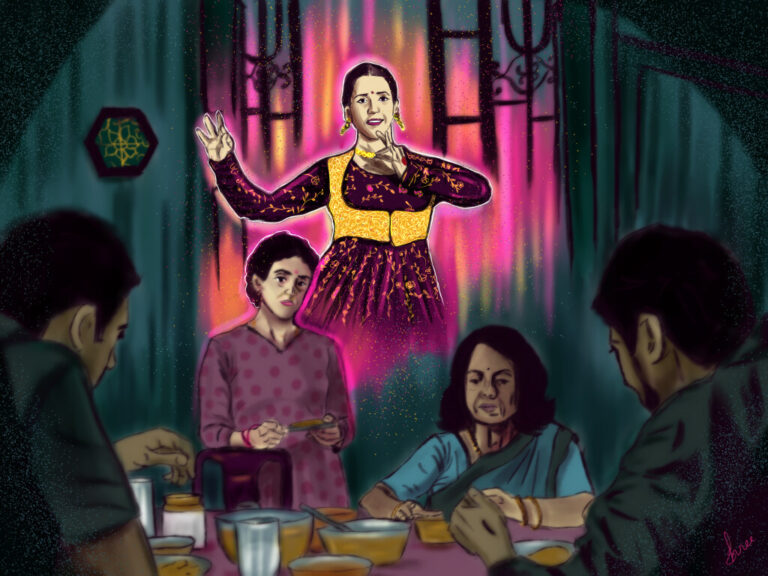
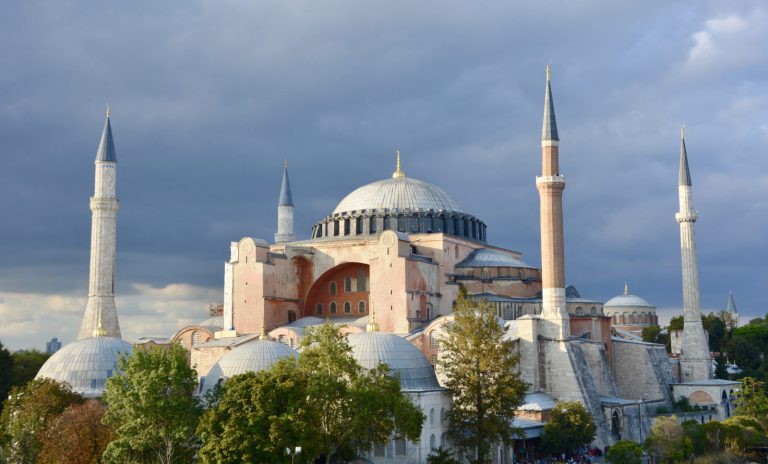
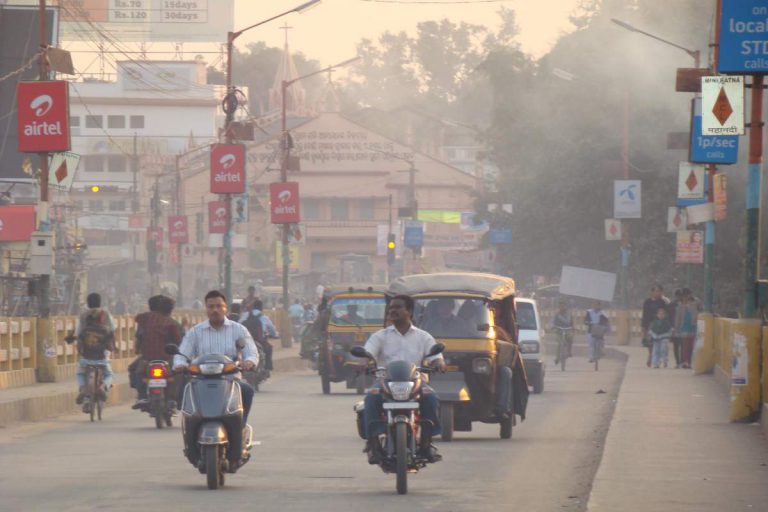
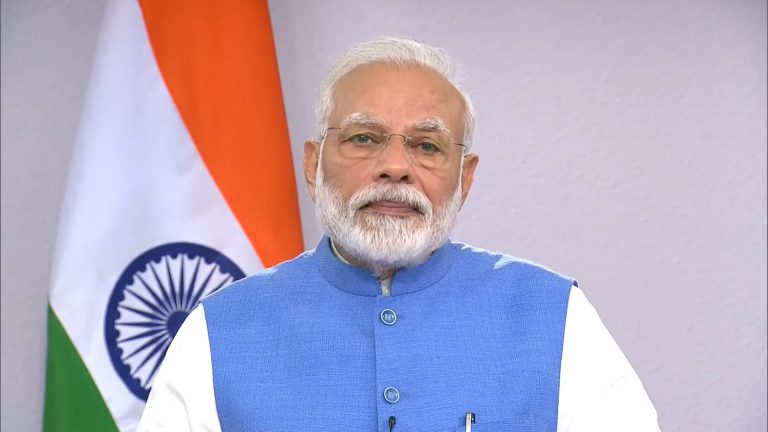
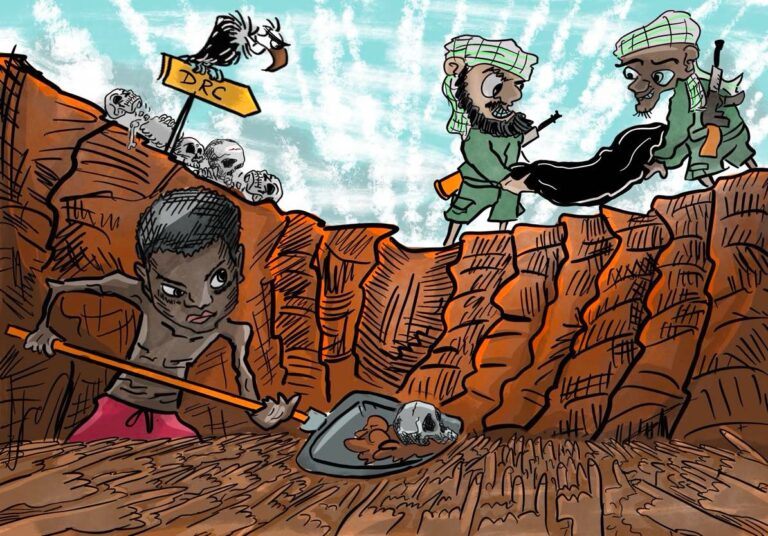
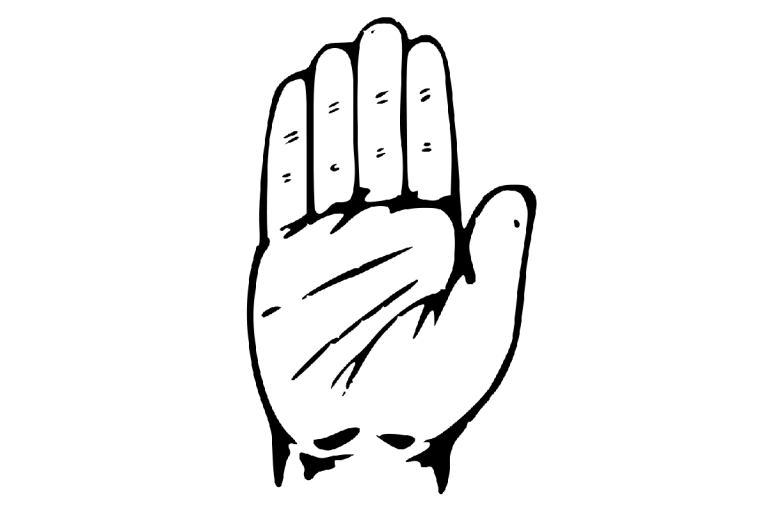
Patriotism of every person is to fulfill his duty, seeing the positive aspects of the work he is doing, to complete that work well is his patriotism.
At present in India
Patriotism means stand with BJP government in any worst condition like a Bhakt otherwise you are a Terrorist, Deshdrohi.
If you are talking about unemployment, Economy slow down, Poverty, freedom of autonomous body’s and also Democracy ( Duniya ka sabse bada loktantra instead of Duniya ka sabse chutiya loktantra) you are #Deshdrohi.
Bas jhuke rho …